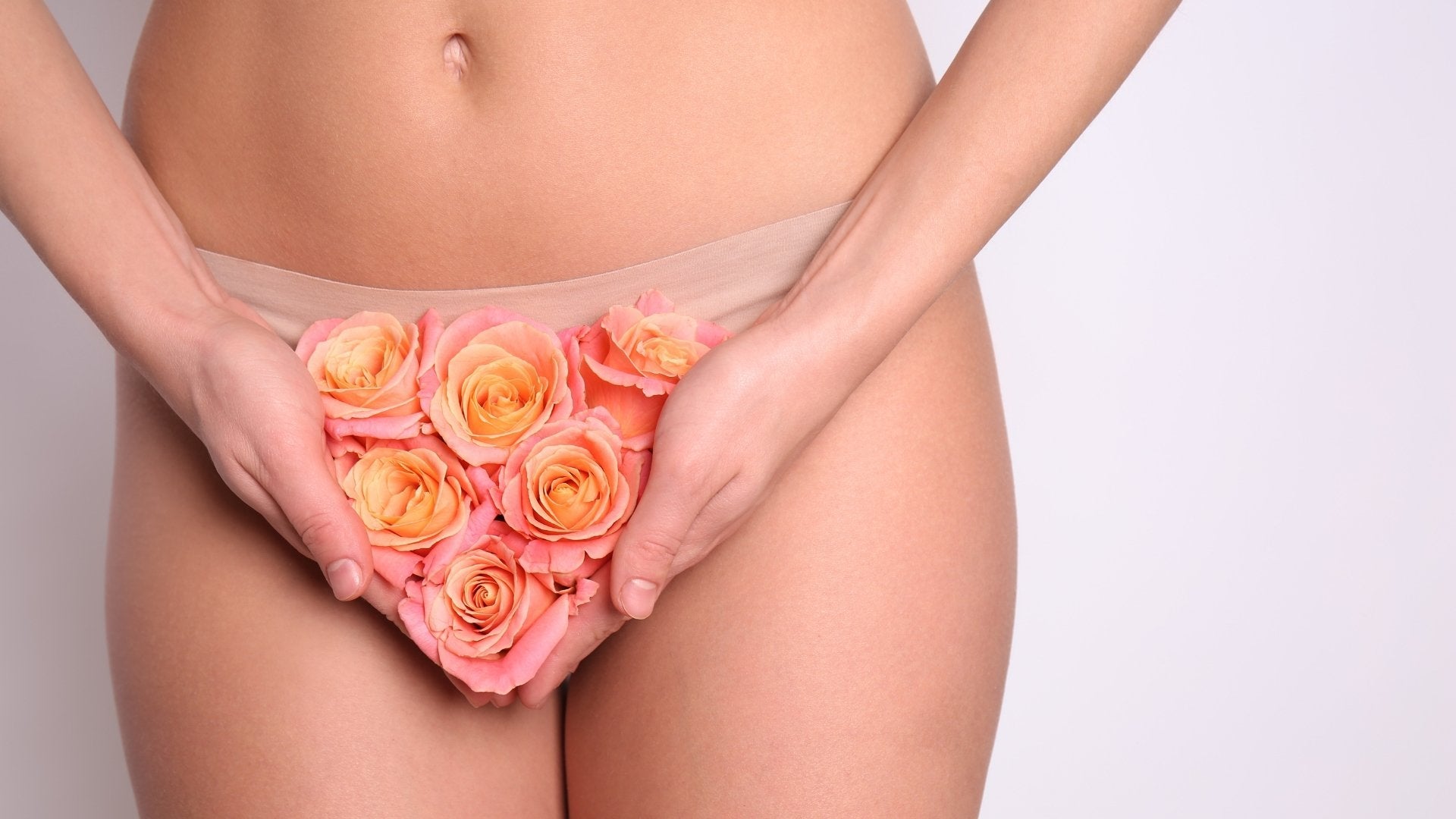Polycystic ovary syndrome (PCOS) is the most common hormonal disease in women of childbearing age.

Did you know ? It is estimated that one in 10 women has PCOS in France, making it the leading cause of female infertility. If the etiology is still uncertain, PCOS is today presented as the consequence of a combination of environmental and genetic factors, expressed in the individual by a hormonal imbalance.
This syndrome is manifested by a reproductive disorder, an increase in hairiness (hirsutism), as well as an increased risk of other complications: metabolic (glucose intolerance, type 2 diabetes, etc.), neoplastic, or even cardiovascular.
In fact, this hormonal imbalance involves an excessive production of androgens, male hormones, in particular testosterone, usually produced in small quantities in women.
The symptoms associated with it are multiple: irregular menstrual cycles, even absence of periods, infertility, hyperpilosity, hair loss and hormonal acne.
Polycystic ovary syndrome is therefore partly characterized by an unusual increase in the production of male hormones (androgen hormones) in the ovaries. A hyperandrogenism which disrupts the production of ovules which, instead of being released at the time of ovulation, accumulate in the form of follicles in the ovaries: an accumulation which in turn leads, in a chain, to many disturbances.
A little focus on one of these symptoms: acne.
Of course, not all women with PCOS are necessarily affected by the appearance of acne, but it is one of the predominant and persistent symptoms over time, even after puberty.
Other causes for persistent acne can be mentioned: genetic factor, stress, smoking, the environment (exposure to pollutants), food... Do not hesitate to consult a doctor to determine the cause of your acne and especially before the establishment of a drug treatment.
Our advice beforehand: The cleansing step in your anti-acne routine is essential!
The Tips of the house is to add 5mL or the equivalent of a teaspoon of Nigella oil in your foaming gel: the anti-inflammatory and antibacterial character of Thymoquinone, the active ingredient of Nigella, is associated with a significant improvement in your acne condition. You can also add this routine to taking our titrated Nigella oil capsules, for an In&Out effect! We explain this revolutionary concept in detail in our attached article (HYPERTEXT LINK).
In the case of PCOS and very present acne, acne can evolve by outbreaks of cystic pimples causing pain, scars and can have, depending on the evolution, an invading psychological and social impact.
Do not wait, consult, a comprehensive management of this syndrome is essential!
If to date, there is no basic treatment for PCOS, the good news is that there is nevertheless a panel of solutions for each of the symptoms associated with this syndrome from which you may suffer: infertility, pain, obesity, diabetes etc…
The advice given to you does not constitute a prescription. They are to be followed after a medical diagnosis. The goal is to help you find the right In & Out routine to perfect your skin and overall health. All the given elements work in coalition for optimal results. Please note that you should never abandon a current treatment without prior advice from your doctor.


